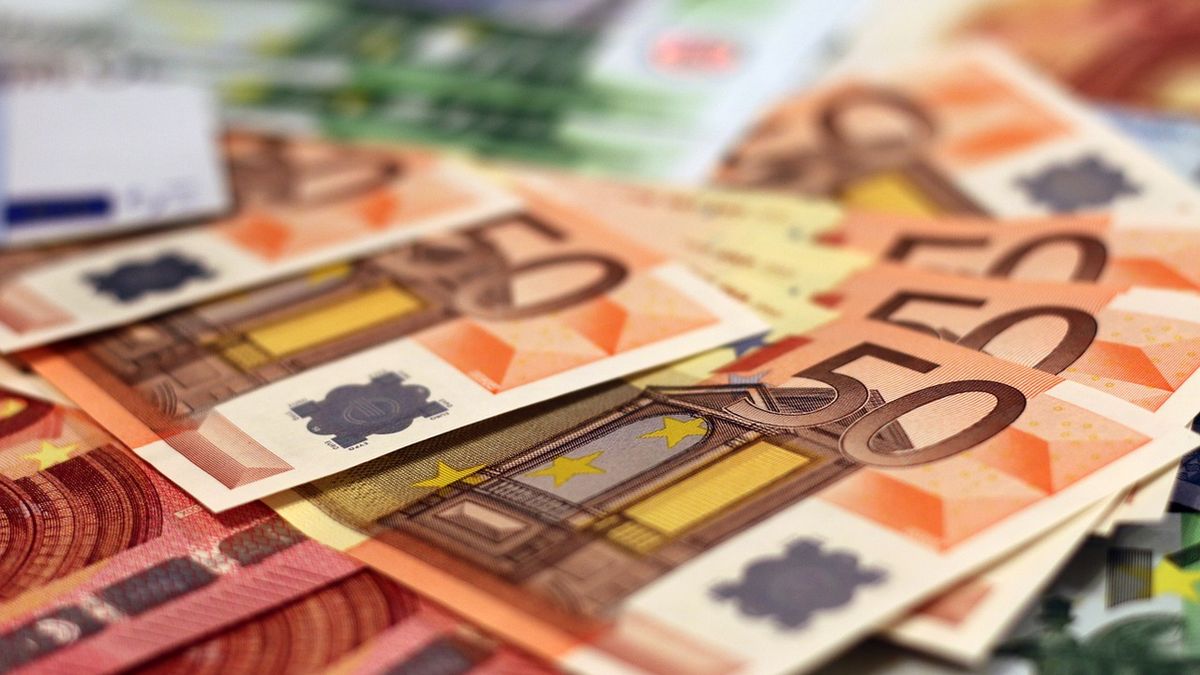After months of pressure and negotiations, Ireland capitulates to a minimum tax of 15% for multinationals and says yes – a green light from Estonia, an agreement between 136 countries – and the global tax will start in 2023.
A historic turning point has come in the field of international taxation. Ireland joined the 15% global tax For multinational companies. The European tax haven is considered the best because of the favorable taxation and ad hoc agreements with many companies – for which many of the US high-tech giants, including Facebook, Google and Apple, have chosen to be “home” – a few days before the G20 and the new OECD meeting in Paris on October 30-31, 130 countries. Ireland has said yes to a deal on minimum corporate tax starting in 2023 that has already been given the green light.
The Irish Finance Minister’s official announcement came late yesterday. Pascal Donohoeafter the Dublin government’s move forward: “This is a balance between our competitiveness and our place in the world. This will ensure that Ireland is part of the solution to the problem, respecting the future international economic framework,” he said. “It is a difficult decision, but, I believe, a fair and practical one,” he added. , he added, Ireland will continue to be an attractive country for investment by international multinationals.
Global Tax: Agreement with Ireland
The Dublin deal comes after years of pressure from the OECD and many EU countries and months of negotiations. In fact, since the 1980s, Ireland has applied a very low tax rate to corporate income and profits, prompting many multinational companies to relocate their tax office to Dublin. The first was Apple, then Microsoft, Intel, and in the 2000s Google’s parent company Facebook and Alphabet. Ireland raised its tax rate from 10% to 12.5% in 1997 to comply with EU state aid rules, but has resisted pressure from other developed countries, which have long accused Dublin of being “competitive. unfair” in the tax field. With adherence to global taxation, Irish resistance appears to have finally subsided.
Under the terms, Irish corporate tax will rise from 12.5% to 15% from 2023. The new rate will apply to companies with a turnover of more than 750 million euros, while the tax below this threshold will remain at 12.5%. According to estimates, the change will affect around 1,500 companies employing 400,000 workers in Ireland. A global tax would also affect state coffers, and according to estimates, it would reduce tax revenue by 2 billion per year.
“This is an epochal and extremely positive step forward in Europe’s collective efforts to build a more equitable and sustainable global tax system,” European Commissioner for Economy Paolo Gentiloni tweeted.
Also from Estonia
Ireland and Estonia were among the EU countries that did not sign the agreement last July. A few hours away from Dublin, Tallinn has also decided to capitulate, giving the green light to the lowest tax for multinational companies: “We are joining the global tax agreement”, announced Premier Kaja Kallas, which “will not change anything for most.” Only branches of financial operators and large multinational groups in Estonia are affected. At this point, only Viktor Orbán’s Hungary is out, but its membership is essential because the EU needs unanimity on tax matters.
Global Tax: What the Agreement Pays For
Once the Irish stronghold has fallen, a global tax treaty looks ever closer. According to forecasts, the agreement could already be signed at the G20, scheduled for October 13 in Washington, or at the latest, at the OECD meeting at the end of the month.
The agreement reached in Venice in July is based on two cornerstones. The first is the introduction of a global minimum tax of 15% for multinational companies with revenues of more than €750 million. Simply put, if a company pays tax in a country where the actual tax rate is less than 15%, the remaining percentage will have to be paid by the hi-tech giants in the state of residence to reach this threshold. Most cases are directed to the United States. The move is expected to generate a total revenue of $150 billion annually. The second cornerstone concerns multinational companies with revenues greater than $20 billion and an operating margin of 10% of revenues. For them, a portion of the profits, equal to 20-30% of the profits exceeding 10%, will be taxed in the countries where those companies sell, net of the registered office in any tax haven. It is estimated that the revenue will reach 100 billion dollars annually.

Prone to fits of apathy. Unable to type with boxing gloves on. Internet advocate. Avid travel enthusiast. Entrepreneur. Music expert.



